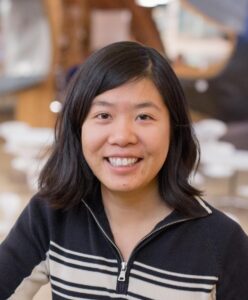There has been considerable progress in our understanding of genetics since the sequencing of the first human genome in the early 2000s. Sequencing and genomic measurement technologies continue to advance, yielding more and more high resolution snapshots of experimental and clinical states. The bottleneck now lies in cleaning, interpreting, and integrating these data into actionable insights that can improve human health and quality of life. The Yao laboratory at Rice University is tackling these problems using computational methods to study a range of challenging
biological problems. By integrating publicly available knowledge with sophisticated models and working closely with biomedical researchers, we are focused on answering important questions in disease (e.g., neurological disease, cancer, and chronic illness) and on making tools and visualizations that will aid hypothesis-driven research.


